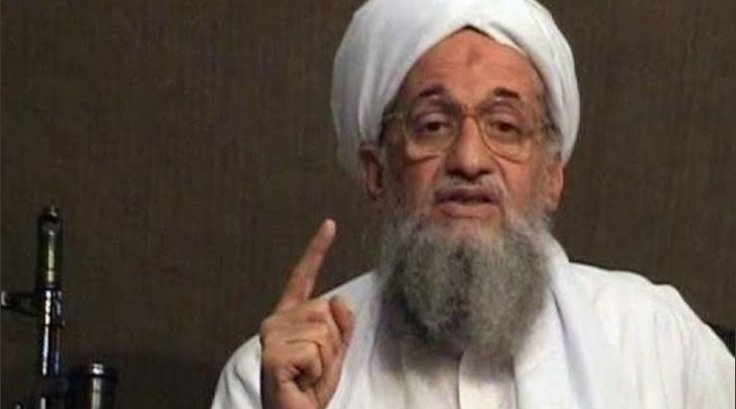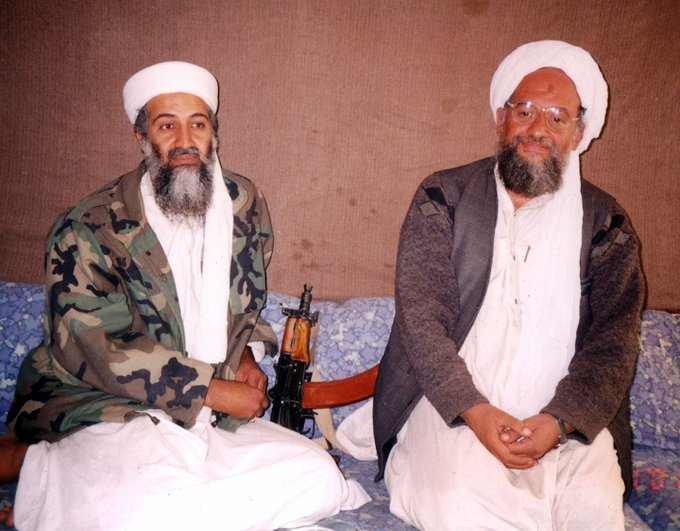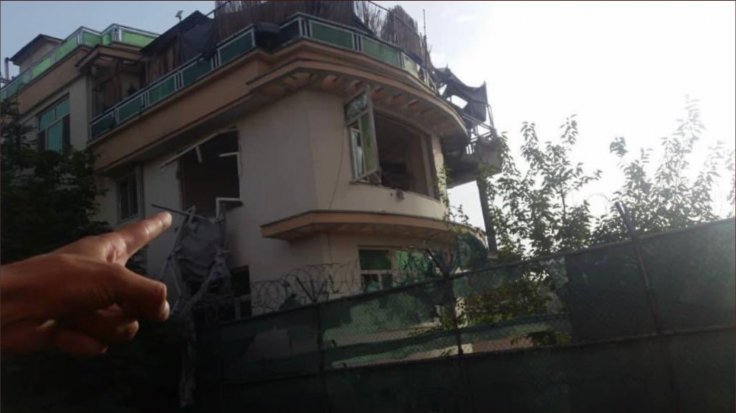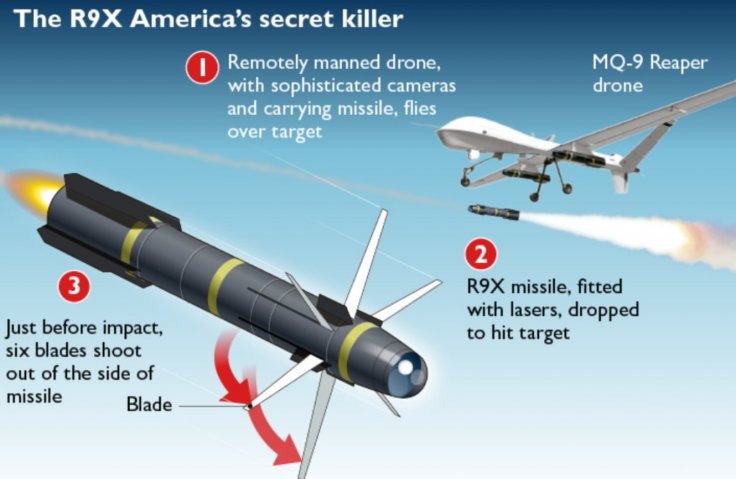The White House does not have DNA proof that Ayman al-Zawahiri was killed in a drone strike in Kabul on Sunday. Instead, the White House said that it used multiple sources to establish that al-Zawahiri died in the deadly strike. One of the masterminds of the 9/11 attacks, al-Zawahiri, was killed after a US drone hit on a house in the Afghan capital where he was hiding out with his family.
The Egyptian terrorist leader was on the balcony of a safehouse on Sunday morning, when he was struck by two hellfire missiles. White House national security spokesman John Kirby said in an interview with CNN that a small portion of Al Qaeda still remains active in Afghanistan.
No Solid Proof

On Tuesday, Kirby, authorities established that Osama Bin Laden's successor was deceased using a variety of sources and pieces of evidence. "We have visual confirmation, but we also have confirmation through other sources," he said.
"We do not have DNA confirmation. We're not going to get that confirmation," Kirby said in an interview with CNN.

"Quite frankly, based on multiple sources and methods that we've gathered information from, we don't need it."
Kirby also declined to comment on whether the strike was conducted by the CIA or whether Hellfire R9X missiles with blades were deployed.
He also acknowledged that the agency would not be able to obtain genetic evidence of al-Zawahiri's death despite claiming that the strike conveyed a message that Al Qaeda leaders would never be safe anywhere.

The strike, according to Kirby, who appeared on several morning TV shows, demonstrated that the United States has developed the capability to eliminate terrorists in Afghanistan. "One, it tells you that we can do exactly what we said we were going to do a year ago: Over-the-horizon counterterrorism capability is possible," he told MSNBC's Morning Joe.
"In fact, it can be very effective and we've seen that just over the course of this weekend. And if I'm an Al Qaeda leader in Afghanistan right now I'm thinking that it's not quite the safe haven I once thought it was," he added.
Wiping Out Terrorism
It's true that the United States doesn't have DNA evidence but at the same time, the White House has also claimed that they have enough proof that al-Zawahiri was killed in the drone strike. This comes as officials are under pressure to disclose more information about the strike.

This includes the location from where American drones launched their missions and any outside help they may have received in killing one of the most wanted terrorists in the world.
The US has said the Taliban "grossly" violated the 2020 Doha Agreement, on the terms of the US withdrawal from Afghanistan, by hosting and sheltering al-Zawahiri.
Kirby said that the US is aware that there are still a few "core" al Qaeda members in Afghanistan, but the number "is not very large."

The attack is reportedly the first since American forces withdrew from Afghanistan last year. Since then, officials have pledged to implement an "over-the-horizon counterterrorism" policy, but they have had difficulty locating nations in the area who are willing to cooperate with Washington by hosting clandestine American operations or airbases.
Analysts speculated that a previous agreement made close to the beginning of the Afghan conflict may have allowed Pakistan to permit the US drone to use its airspace while en route to the target.
"The drone definitely entered Pakistani airspace over Balochistan and entered Afghanistan," Abdul Basit, a research fellow at the S. Rajaratnam School of International Studies in Singapore, told the South China Morning Post.
However, Pakistani officials claimed that they had not offered any proof of the Al Qaeda leader's whereabouts and denied that they had permitted the use of their airspace.









